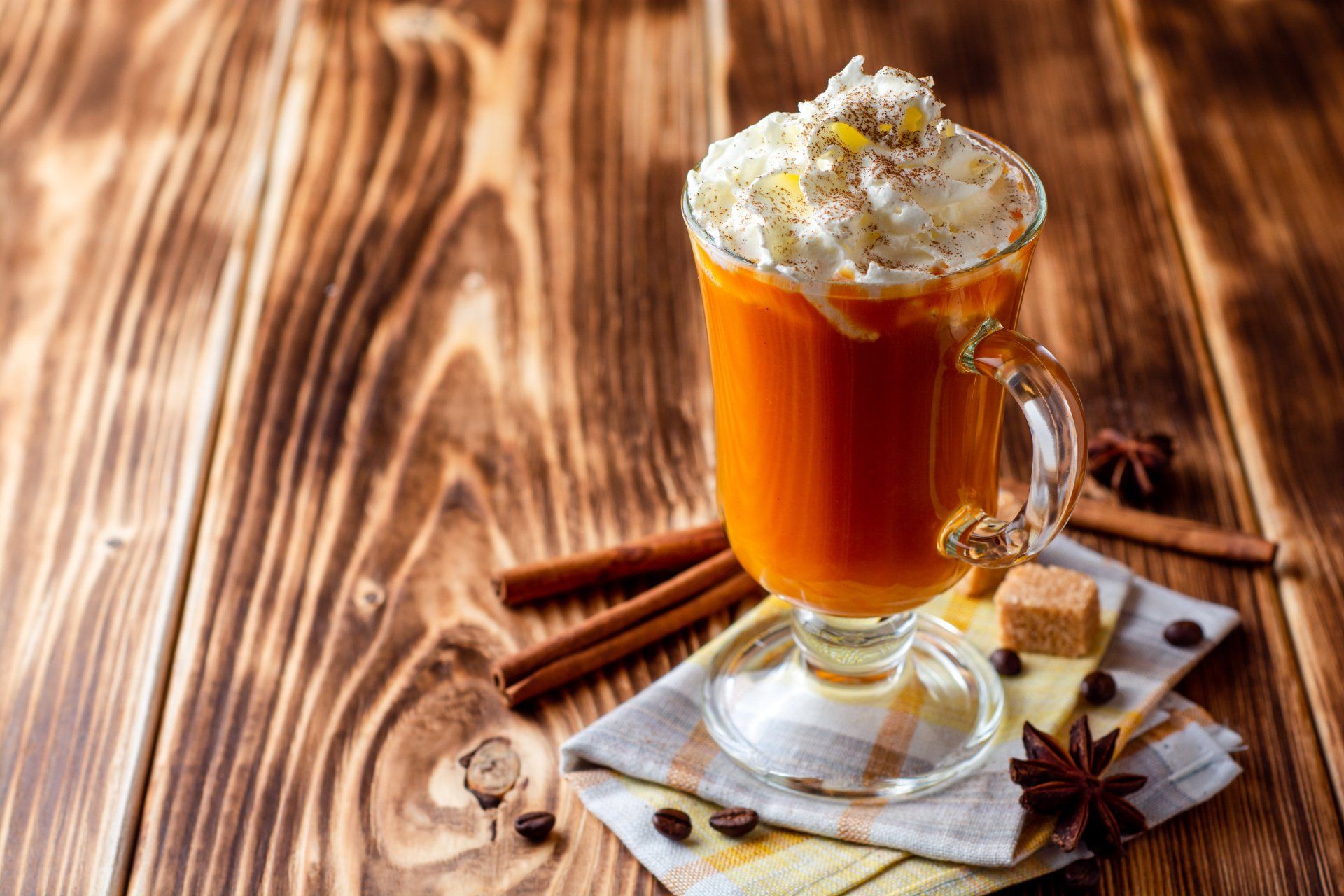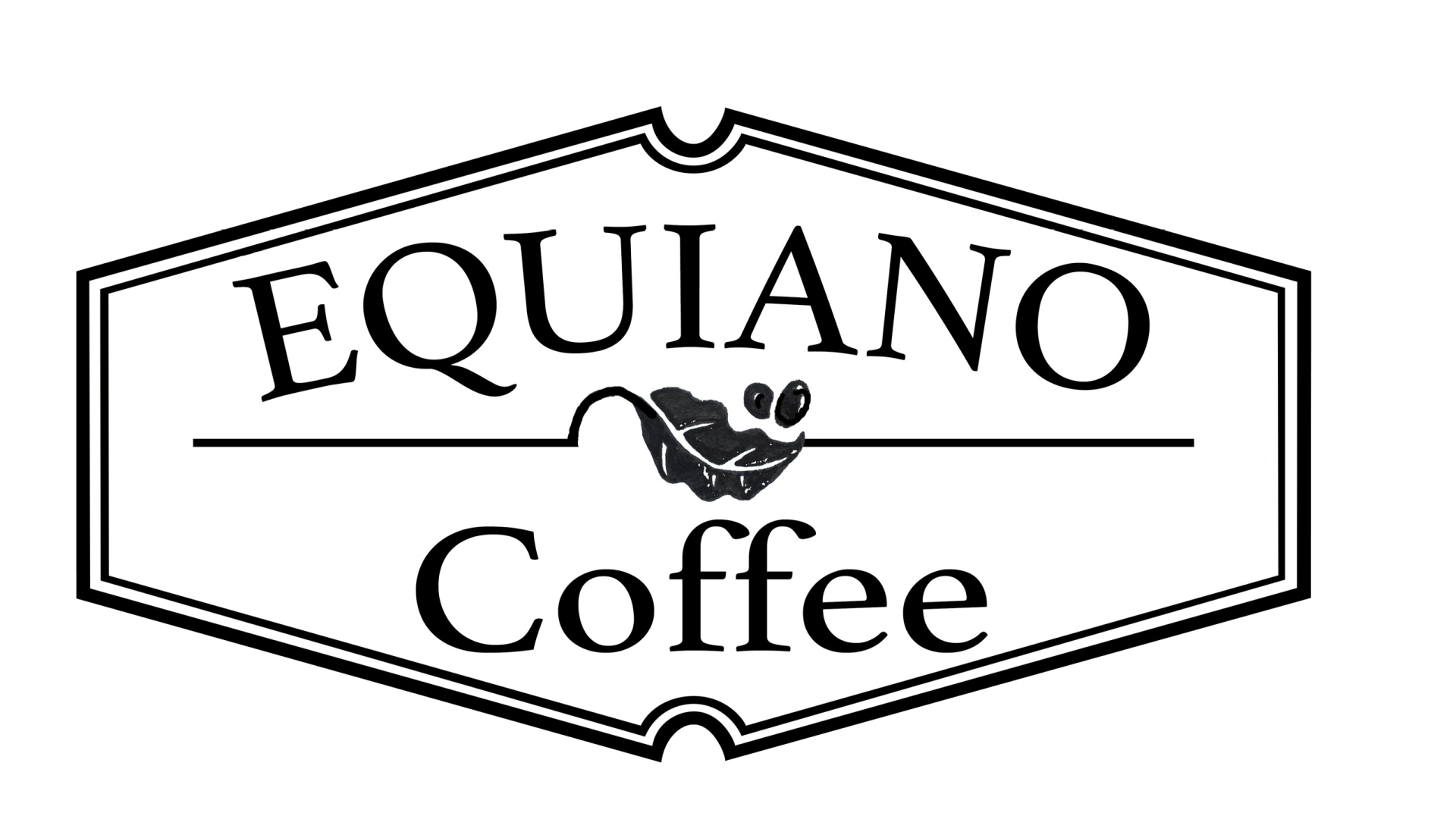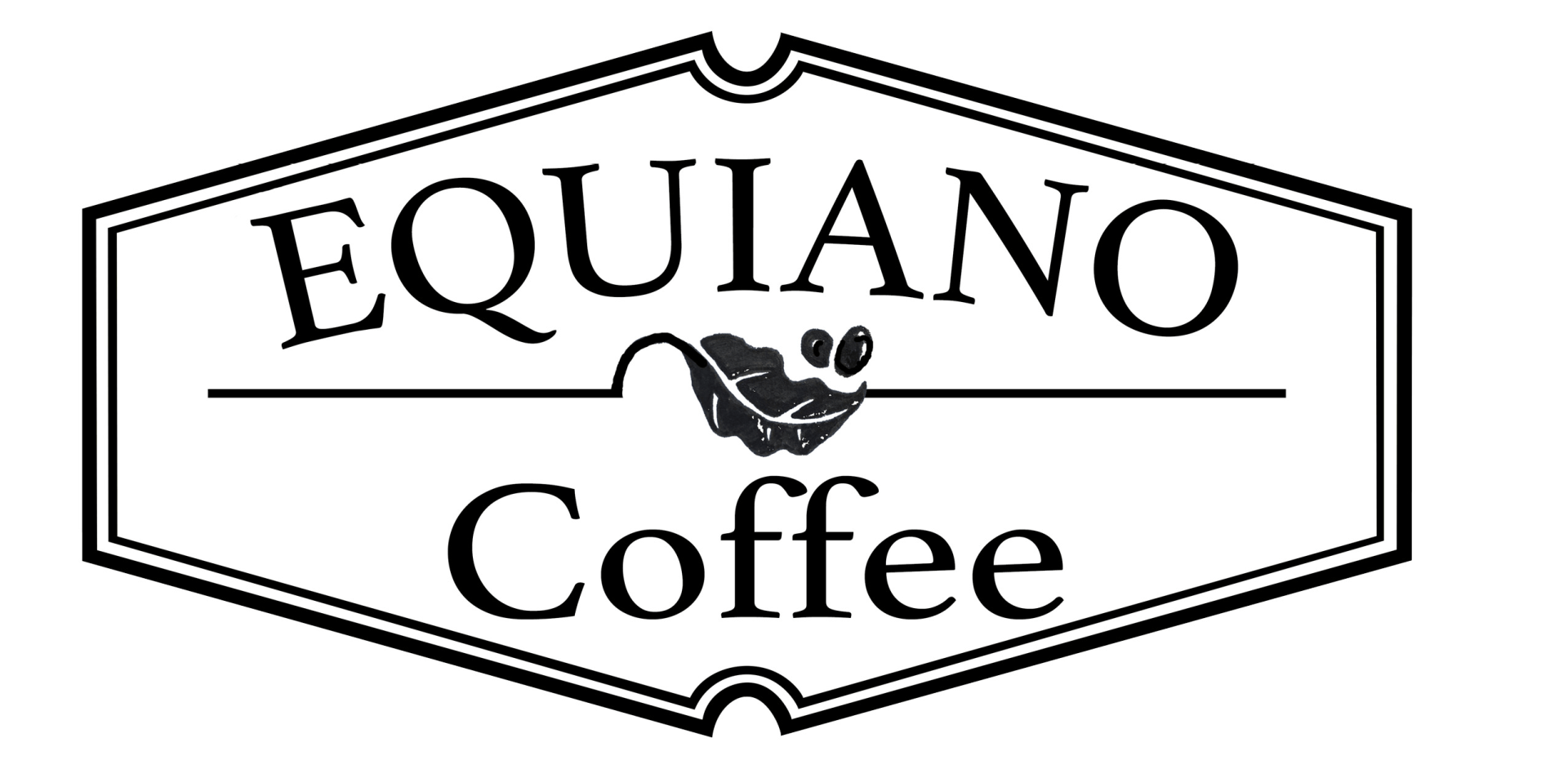Single Origin vs. Varietal Coffee: Myth vs. Truth
Consumers around the globe are examining and questioning where their food comes from and how it is grown. So it makes sense that the same scrutiny would extend to our beverages. And since Americans love their coffee, it’s no wonder they have questions about the types of coffee beans that make up their beloved lattes.
Lately, a new buzz word has begun to percolate among industry experts and coffee enthusiasts. Single origin appears to be the latest darling in all things coffee-related. But what is single-origin coffee, and does it matter? Is single origin the same as a varietal? Does it mean the beans are fair-trade or organic? Without the right knowledge, consumers can end up overpaying for something that is simply a marketing ploy.
At Equiano Coffee , we take these phrases and vocabulary seriously. We have spent years learning the industry and cultivating relationships with the farmers. We love the opportunity to share what we know. Stop in and see up at our tasting room in Eugene, OR, to enjoy a cup of coffee with us.
What Is Single Origin Coffee?
This description has come to carry a lot of meanings. Some of them are accurate, and some are very much not. But it isn’t actually complicated. In the broadest sense, single origin coffees refer to any coffee that comes from one region of the world.
For example, if you purchase a bag of beans labeled “Colombian,” then those beans all came from the country of Colombia in South America. They are single origin. So a blend of beans from multiple farms in one country can have the label “single origin.”
Some roasters or marketers refine the term more by referring to one area of a country. Or they can go further by limiting a coffee to a single farm or estate. But this isn’t always the case, so you cannot assume that’s what a roaster means when they package beans under this term.
Myths vs. Truths About Single Origin Options
There is a great deal of inaccurate information about coffee roasting terminology, and single origin is no different. Here are some myths and realities about the phrase.
Myth #1: Single Origin Means You Get Excellent Coffee
Does single origin indicate that the coffee is better quality than a blend with beans from all over? No. At least, you can’t rely on that meaning. In fact, this is one of the great myths circulating in the coffee drinking population. As the new “it child,” single origin has become synonymous with “high quality.”
The truth is, however, that it may or may not be excellent coffee. A roaster could have inferior quality beans from a giant corporate farm and do a terrible job of roasting. But if all the beans come from one country, the roaster can say that their product is, indeed, single origin.
On the flip side, a roaster could offer a varietal or blend from one farm that has fair trade practices and uses sustainable farming. They could expertly roast the beans to pull an incredible flavor and aroma from the fruit. You would have an amazing, high-quality cup of coffee that is also single origin.
Myth #2: Single Origin Cannot Be a Blend
This idea is also false. A single origin coffee product could be genuinely singular in its beginnings. It could use only one type of bean from one plot on a specific farm. Or, it could be a blend of different types of coffee beans from one region. Either way, the growing conditions, the farmer’s expertise, and the roaster’s skill are the critical pieces in determining how good or bad your brewed cup tastes.
Myth #3: Single Origin Is the Same Thing As a Varietal
Ok. This myth is a big one to clear up among coffee lovers. Often when people talk about single origin coffees, what they really mean is the varietal. These two terms are very different but have become intermingled in the jargon.
“Single origin” only refers to a location. One country. One region. One farm. Even one micro-lot on a farm or co-op. Any of those circumstances count as being single origin.
“Varietal,” on the other hand, is a botanical term. The varietal of a coffee indicates the type of plant it is. Coffee plants grow in the so-called “Bean Belt” that extends out a bit on either side of the equator. Different plants flourish in different geographical regions, and each type of coffee bean has its own properties and flavor profiles.
If you combine these concepts, you can enjoy a single origin varietal from one farm. This experience is what the team at Equiano Coffee is proud to offer. For those who want to have an excellent coffee experience, learning about varietals is more important than worrying about single-origin.
Get to Know the Different Types of Coffee Beans

So, where do you start if you want to learn about the various coffee beans that are available? Right here is the perfect place!
For starters, the most widely-used types of coffee fall into two categories: arabica and robusta. Let’s take a look at these first.
Arabica
This type makes up the majority of coffee beans consumed around the globe. Some estimates place it as high as 75% of the world’s coffee production.
Arabica plants grow to be between eight and fifteen feet tall. They have oval leaves that are dark green and produce rounded coffee cherries that usually have two flat seeds inside. These are the coffee beans. If only one seed is present, growers call that a peaberry.
Arabica bushes grow at higher altitudes than do their robusta cousins. The hilly growing area makes it nearly impossible to harvest with machines. Harvesting by hand makes these beans more expensive for roasters to purchase. These beans are the more highly-prized type of coffee due to their smoother flavor and lower acidity.
Robusta
These beans come from large plants that can grow up to 33 feet tall. They produce coffee beans that have a round shape compared to the almond shape of arabica beans. They can thrive in lower altitudes and with less water.
Since they are easier to grow and harvest, they have a lower price point for the roasters who buy them. Robusta beans have less concentrated amounts of sugar than arabica beans and almost twice the caffeine.
They tend to get a bad reputation as being inferior, and they frequently pop up in supermarket blends. But when expert roasters use high-quality varietals , these beans make an excellent cup of coffee or a shot of espresso.
Varietal Coffee

We are not going to attempt to list and describe every coffee varietal here. There are simply too many. But we can highlight some of the most flavorful options on the market so that you have accurate information when you are looking to try a new type of coffee.
- Bourbon – This interestingly-named variety stems from a stolen coffee tree that the Dutch purloined from Yemen. Seeds from this coffee plant ended up on the Island of Bourbon off the coast of Africa, and its descendants are with us today. Bourbon varietals have a complex and sweet flavor profile.
- Catuai – The name of this Central and South-American varietal comes from a phrase that means “very good.” So you can trust that this is going to produce a tasty cup of coffee at the hands of an expert roaster. You can find both red and yellow varieties of this coffee. The Equiano Yellow Catuai from Brazil is our featured coffee of the month for March. Stop in to try a cup!
- Gesha – Experts think that the gesha plant originated in Ethiopia and then made its way to Latin America. Sometimes called “geisha,” this coffee bean comes from Panama today. It is an award-winning, highly-prized varietal with a record-setting price of $1209 per pound from one producer. Gesha is a picky plant that requires precise microclimates to thrive. The result is a floral tone to the coffee, with flavors of mango and bergamot.
- Caturra – This Brazilian offshoot of the Bourbon varietal is smaller and higher-producing than its parent plant. Farmers love this coffee bean since it can produce a lot of fruit in a small space. The coffee has bright acidity and notes of chocolate and dried fruit.
What Sets Equiano Apart?
Equiano Coffe’s roastmaster, Okon Udosenata, is passionate about providing excellent coffee that has goodness at its source. He works to develop relationships with farmers throughout the Bean Belt so that he knows just where his beans originate. He visits the farms whenever possible to understand the growing conditions and harvesting processes.
The Equiano tasting room in Eugene, OR, is a neighborhood spot where you can linger over a freshly brewed cup of gourmet coffee. In addition to the delicious brews available, the tasting room highlights local artists, as well. The Udosenata’s know how important community is and makes sure Equiano walks the walk. We invite you to stop in any time to join your neighbors and your friendly local roaster for a cup of joe.











